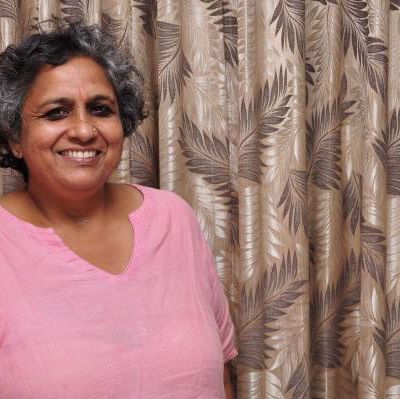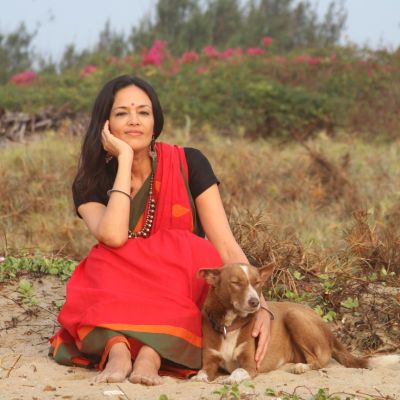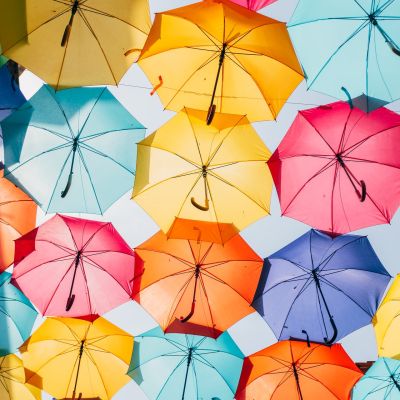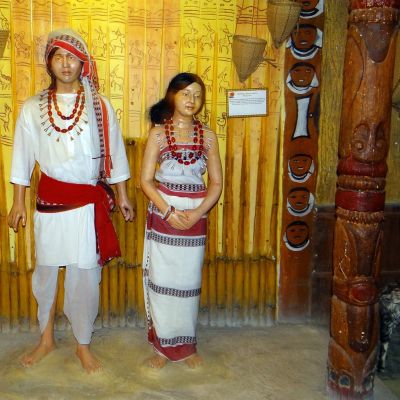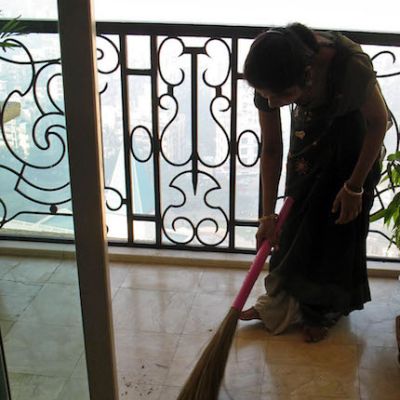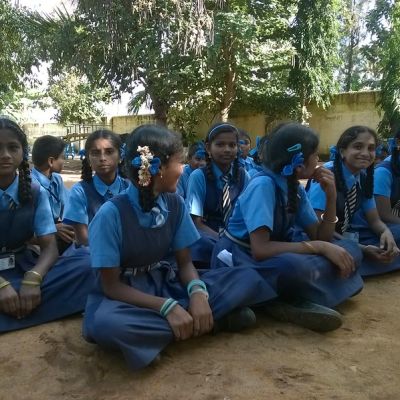Sexual Rights
Expanding contexts give the word ‘movement’ different meanings and value. Physical, conceptual, technological, relationship, emotional, mental, power, knowledge, ability, access, may be amongst the contexts immediately identified.
A photo of Anjali Gopalan, who has short black and gray hair and dark eyes. Anjali is smiling, wearing a light pink dupatta.
I’ve essentially thought of movement as a kind of freedom, but one that has the capacity to destabilise you in some way. My most creative moments are when I’m not moving, when I am in fact rooted and still.
In this write up, we’d like to share a sense of what emerges from a compilation of these responses. This is based on the thoughts and feelings that come through for those of us here at In Plainspeak who have had the joy of reading the original responses as they came in to us. (Some of the quotations that follow have been slightly edited for flow and to help connect themes.) We know that most things in the realm of art, information and ideas lend themselves to a wide range of inferences and insights depending on the individuals making the inferences.
In some of the country’s most conflicted regions, activism on issues of sexuality (if it’s aligned to human rights) is both a risky affair and one of secondary importance in the midst of larger socio-political and historical issues. The topic of human rights tends to center on gun violence, AFSPA, statehood and insurgency.
A few days ago, my cousin saw Anita masturbating while going to sleep. And while having a discussion around this, I realised how, even after its being noticed, nobody wanted to talk about finding ways to discuss it with her in a pleasure-affirming manner.
So while theoretically we should all have the right to make our own decisions about matters to do with our sexuality, have the right to sexual and reproductive health care, the right to love who we want to, and the right to be free from violence and discrimination based on our sexual choices, to name just a few sexual rights, even today many people do not have these rights.
‘Woman? It’s simple, say the fanciers of simple formulas: she is a womb, an ovary; she is a female –…
As development professionals, our tasks involve reflecting on the norms that service providers, colleagues and field staff engaging with communities hold on to so strongly. How can programmes create safe spaces to match up to service providers’ professional and personal beliefs so that they can challenge those norms in their own families and be non-judgmental?
When I was 16, I thought: ‘Some topics in physics have no benefit for students throughout their life. For instance,…


